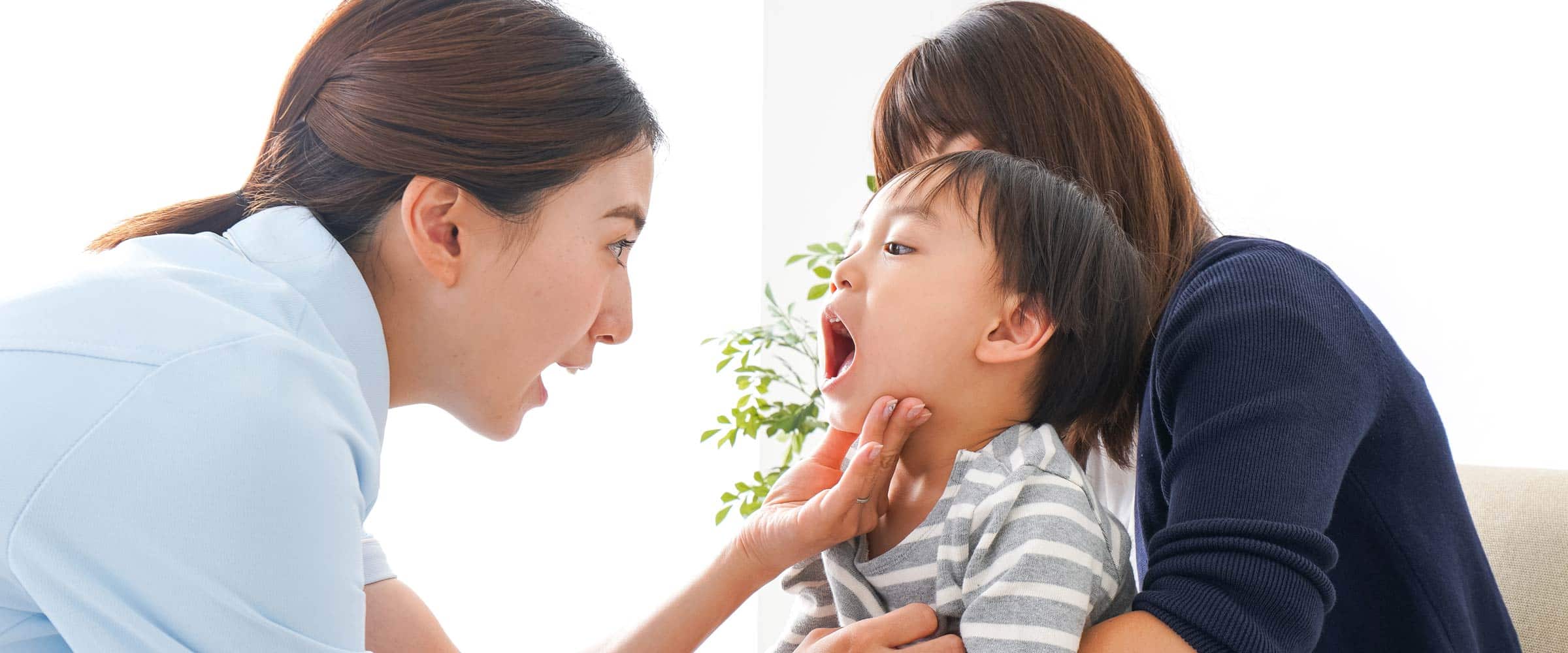
It is recommended for children to see the dentist after the eruption of their first baby tooth, which is usually between six to twelve months of age. The dentist can assess your child’s risk of decay and look for any abnormalities. Early visits also help to familiarize them with the dental environment and establish good rapport with dentists.
First impressions are important, so is your child’s first interaction with a dentist. This is when you can set a good foundation for their dental journey, and show them that dental visits can be fun and enjoyable.
I would advise for your child to have a thorough examination by a dentist even if they are not complaining of a toothache. At the check-up, your dentist may recommend to have x-rays done to assess the size of the cavity, check for signs of an infection and development of the adult/permanent tooth.
Baby teeth play a great role in setting the path for adult teeth to grow into, as well as allow children to chew and eat well. They need to stay healthy in the mouth until the adult teeth replacing them are ready to come into the mouth.
A stitch in time saves nine. Small holes can be filled to protect the tooth and prevent a toothache or an infection.
For most children, adult teeth start to come through at age 6. The first few teeth that erupt are most commonly the lower front teeth and first molars.
It is a fun time to introduce the tooth fairy and reinforce the importance of good oral hygiene.
Permanent teeth tend to look more yellow compared to baby teeth, as the yellow layer (dentine) is thicker.
The other possible reason could the buildup of plaque and tartar around the teeth. These pick up stains and can turn yellow or brown.
Should you be concerned, a visit to the dentist will help determine if an extraction is necessary.
If the baby tooth is loose and is not causing your child pain, an extraction may not be required. The baby tooth can be allowed to drop on its own.
However if the baby tooth is blocking the adult tooth, an infection is present, or your child is experiencing pain, extraction of the tooth may be advised.
The gap between the upper front teeth (central incisors) often is not permanent and closes as the adjacent permanent teeth erupt. This phase is often termed as the ugly duckling stage.
If the gap does not close naturally, there are various treatment options available that you can discuss with your dentist.
Dental trauma should not be taken lightly. A timely visit to the dentist should be arranged for a thorough check-up.
If a tooth is completely knocked out, retrieve the tooth if possible and place it in a container with milk. Time is of the essence; seek treatment with a dentist immediately.
If only part of the tooth is chipped, retrieve the tooth fragment if possible. Likewise seek dental treatment at the earliest opportunity.
Make an appointment to see a dentist as soon as possible. In the meantime, you can get him/her to use warm salt rinse and place a cold compress against the cheek.
A toothache could be due to:
Your family dentist may recommend for your child to see a Paediatric Dentist if they have complex oral health problems or find it difficult to cope in the dental chair. A Paedodontist is a dentist with specialist training in the care for children. They are experts in providing dental treatment for kids, with specialized equipment dedicated to children in their clinics.
Contact
For more information, please contact our friendly customer service team
Menu
Services
Why Us